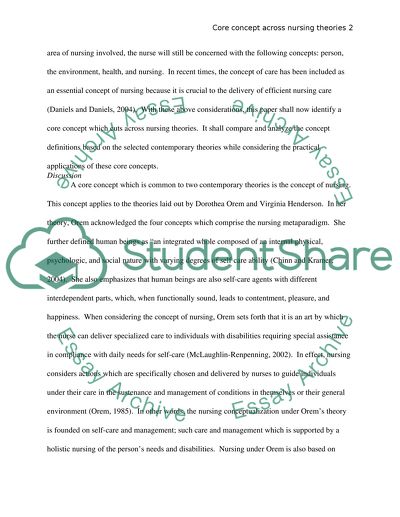Cite this document
(“A core concept across nursing theories Research Paper”, n.d.)
Retrieved from https://studentshare.org/nursing/1409594-a-core-concept-across-nursing-theories
Retrieved from https://studentshare.org/nursing/1409594-a-core-concept-across-nursing-theories
(A Core Concept across Nursing Theories Research Paper)
https://studentshare.org/nursing/1409594-a-core-concept-across-nursing-theories.
https://studentshare.org/nursing/1409594-a-core-concept-across-nursing-theories.
“A Core Concept across Nursing Theories Research Paper”, n.d. https://studentshare.org/nursing/1409594-a-core-concept-across-nursing-theories.


